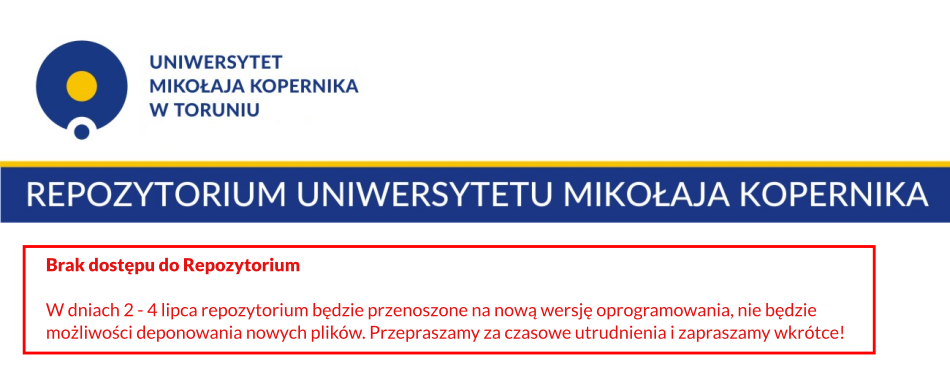| dc.contributor.author |
Korten, Christopher |
| dc.date.accessioned |
2016-06-21T13:05:25Z |
| dc.date.available |
2016-06-21T13:05:25Z |
| dc.date.issued |
2016-04-14 |
| dc.identifier.citation |
Theoria et Historia Scientiarum, Vol. 12, pp. 67-83 |
| dc.identifier.issn |
2392-1196 |
| dc.identifier.other |
doi:10.12775/ths.2015.005 |
| dc.identifier.uri |
http://repozytorium.umk.pl/handle/item/3607 |
| dc.description.abstract |
While literary theory in general is not employed by historians to any great extent, cognitive narratology presents the historian with tools to appreciate texts more fully. With an emphasis on the mind, cognitive narratology focuses on the emotional side of history, as it were, and can elicit an understanding of the text which would otherwise and normally be overlooked. By examining language, and in particular, metaphors and deictics, in order to script the narrative, historical texts can as well produce cognitive clues about the author’s intent and mindset. For this first time, cognitive narratology is employed in the study of unpublished (archival) letters. |
| dc.language.iso |
eng |
| dc.rights |
Attribution-NoDerivs 3.0 Poland |
| dc.rights |
info:eu-repo/semantics/openAccess |
| dc.rights.uri |
http://creativecommons.org/licenses/by-nd/3.0/pl/ |
| dc.subject |
Cognitive Narratology |
| dc.subject |
Modern European History |
| dc.subject |
archival documents |
| dc.subject |
naming |
| dc.subject |
deictics |
| dc.title |
Cognitive Narratology and its benefits for the (archival) historian |
| dc.type |
info:eu-repo/semantics/article |


